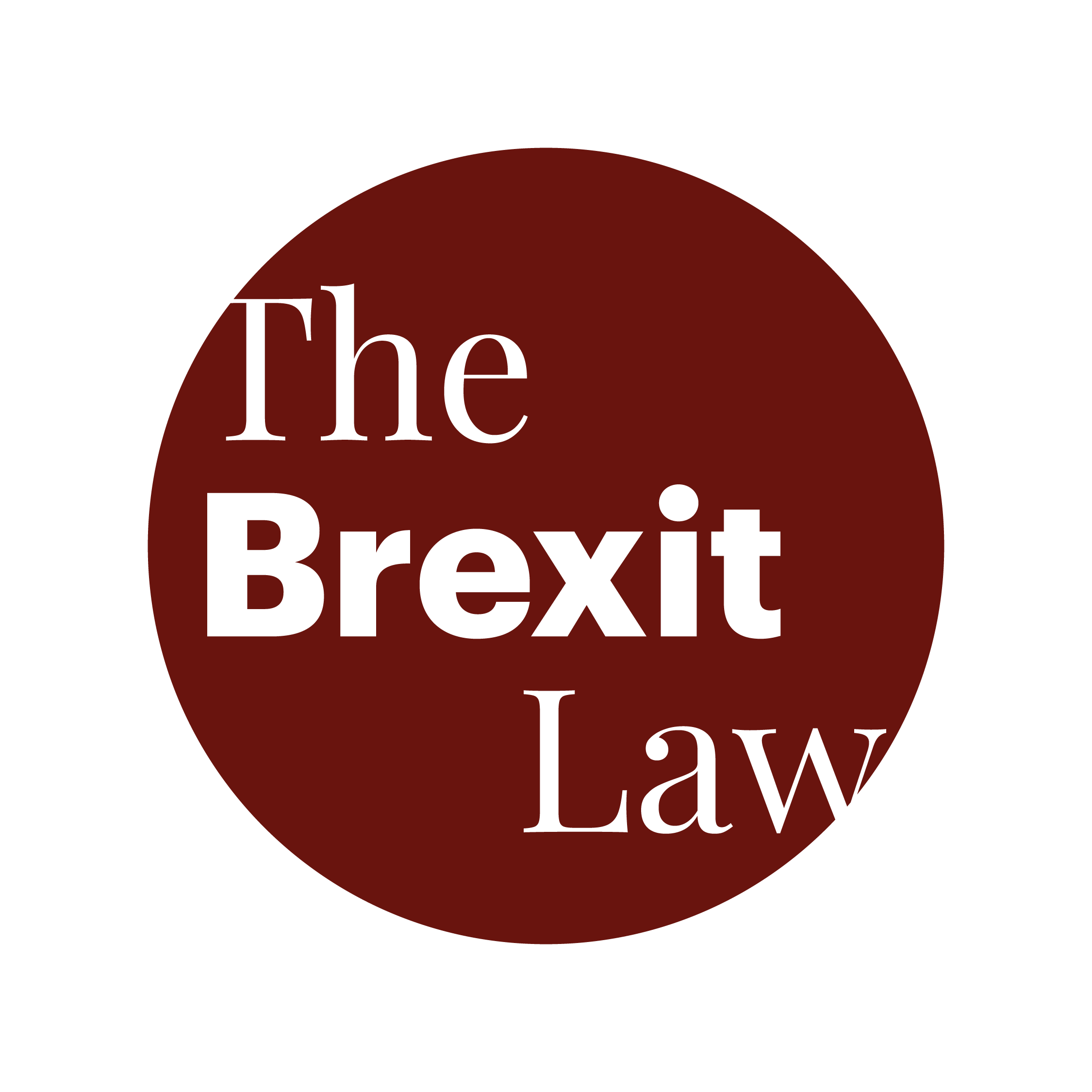What is a Trust?
A trust is a legal fiduciary relationship created by a party known as the ‘’settlor’’ or ‘’grantor’’ of the trust, by transferring assets to another party, known as ‘’trustee’’, but for the benefit of third party, known as “beneficiary”.
A settlor can also be a beneficiary of the assets put into the trust.
The origin of the Trust
The origin of the trust goes back to the Romans with the institution of the fiducia but was then developed in the 12th century in England when English lords went on crusade for long periods of time, sometimes forever as would die, leaving their assets on “trust” to another person, under the mandate to take care of such assets for the benefit of his family members in his absence or himself upon his return. Property law would not accept the distinction between the legal ownership of property - held by the trustee - and the beneficial ownership of property - held by the beneficiaries - and conflict arose when the lord would return to England, only to find out that the trustee would not accept returning the legal ownership of the assets entrusted to him. The principle of Equity created by the Chancellor would then arise to correct the position, recognising that as it would be unjust for the lord or his family not to regain ownership of the assets entrusted, sanctioned the distinction between legal ownership and beneficial ownership.
It then developed on common law jurisdictions and mainly for the purposes of wealth protection, succession planning and tax mitigation.
During the 20th century, offshore trusts gained popularity due to the additional layer of privacy or protection provided to assets from creditors or former spouses.
Basics of a Trust
- It creates a legal fiction consisting in distinguishing legal ownership from beneficial ownership.
- The trustee participates and manages the assets entrusted to him on behalf of the trust and for the benefit of the beneficiaries.
- Trust's assets are not part of the trustee’s own property.
- Trust's assets may include any type of asset, including cash, securities, real estate, or life insurance policies.
- A trust can be created either for an individual or a company.
- A trust must have beneficiaries who are identifiable individuals, except a charitable trust, which can have a general purpose such us alleviating poverty.
Main aim of a Trust
As above indicated, the main aim of setting up a trust is to protect assets and ensure financial security, it is a useful tool to facilitate planning succession and provide tax efficiency.
The United Kingdom jurisdiction provides a legal framework that allows individuals and companies to set up a wide variety of different trusts, which can be tailored to the settlor’s particular circumstances to maximize the advantages they provide.
At Scornik Gerstein LLP we can assist you to create the trust that best suits your needs.
Written by Laura Gallego Herráez.





